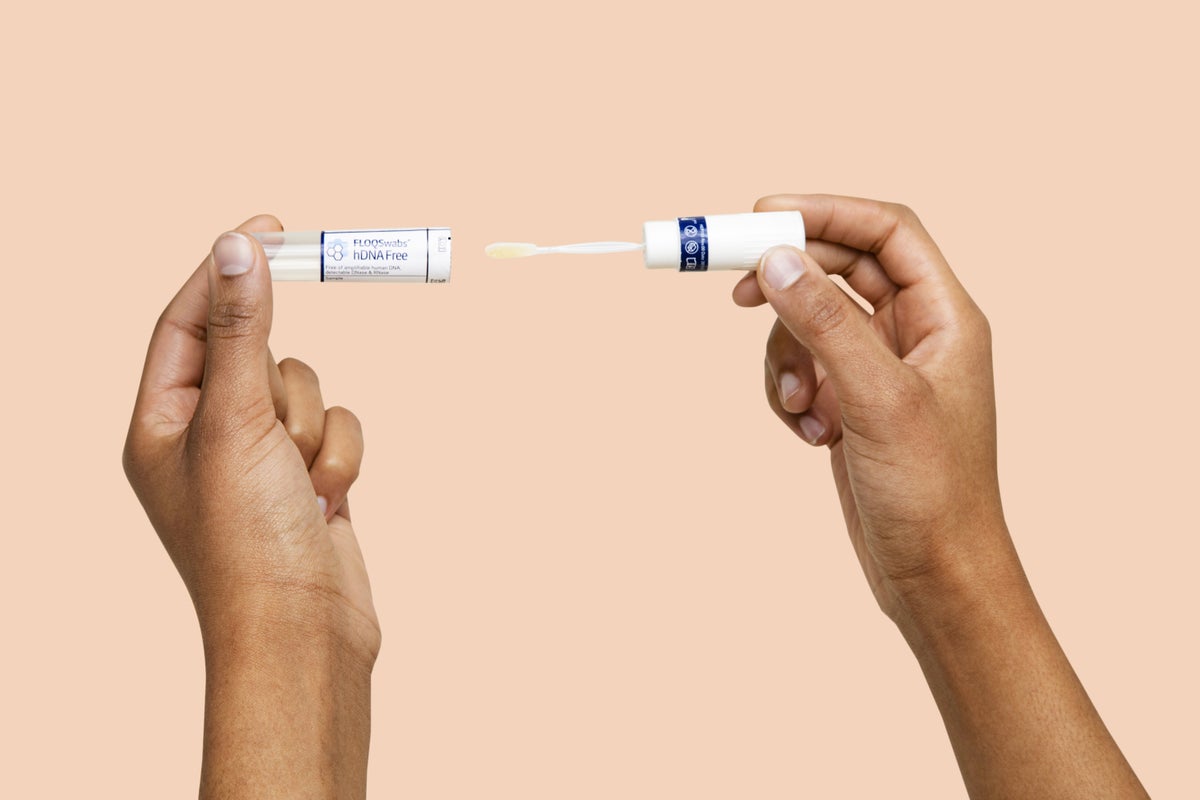At-home gut tests are the modern-day snake oil: a dangerous trend that exploits health fears while outpacing science, risking public health in the same way misinformation has eroded trust in facts and institutions. This is a perilous gamble with our well-being that mirrors the chaos of our times.
As the popularity of at-home health tests continues to surge, particularly those focused on analyzing the gut’s microbiome, a significant division is arising among health experts, scientists, and the general public. The rise of these tests has been akin to a digital gold rush for the health-conscious consumer, seeking to take control of their wellness journey. However, this trend is not without its controversies. Medical professionals are increasingly concerned that the technology surrounding these tests has advanced faster than the scientific understanding of their implications, raising critical questions about the reliability and accuracy of the results.
The gut microbiome consists of trillions of microorganisms residing in our digestive tracts, playing a crucial role in digestion, metabolism, and immune function. The notion that we can gain insight into our health through testing this complex ecosystem is undoubtedly appealing. Companies have capitalized on this interest, offering easy-to-use kits that require only a stool sample to provide consumers with detailed reports about their gut health. These tests often claim to offer tailored dietary recommendations, insights into potential health risks, and even suggestions for lifestyle changes based on the microbiome’s composition.
However, the scientific community is urging caution. The relationship between the gut microbiome and various health conditions is still an evolving field of study. While some associations have been established—such as links between gut health and conditions like obesity, diabetes, and certain autoimmune diseases—the nuances of these relationships are not fully understood. The microbiome is influenced by a multitude of factors, including diet, environment, genetics, and lifestyle choices. Therefore, interpreting the results of these tests without comprehensive medical guidance can lead to misinformed health decisions.
Doctors highlight that many of the claims made by at-home testing companies lack rigorous scientific backing. The tests may provide a snapshot of the microbiome, but they often fail to contextualize that data within the broader framework of a person’s overall health. For instance, a specific bacterial strain may be present in high numbers, but its significance can vary widely from one individual to another. Without the expertise to interpret these findings correctly, consumers may fall prey to misleading narratives that could lead them to unnecessary dietary changes or treatments.
Moreover, the ethical implications of at-home testing cannot be overlooked. As individuals become more reliant on these tests for health insights, there is a risk of undermining the traditional doctor-patient relationship. Patients may feel empowered to self-diagnose based on the results of their tests, potentially bypassing essential consultations with healthcare professionals. This shift could lead to fragmented care, where critical health issues go unaddressed due to misplaced confidence in the results of an at-home test.
Additionally, there are concerns about data privacy and the commercialization of personal health information. Many companies that offer at-home tests collect extensive data about their customers’ health and lifestyle habits, raising questions about how this data is stored, used, and shared. In an era where data breaches are increasingly common, consumers must be vigilant about who they are entrusting with their personal health information.
The landscape of health technology is rapidly changing, and at-home testing is just one of many innovations that have emerged in recent years. While the convenience of these tests is undeniable, the implications of their widespread adoption require careful consideration. As consumers navigate this new terrain, it is essential to maintain a critical perspective and seek guidance from qualified healthcare professionals.
As the debate continues over the validity and implications of at-home gut microbiome testing, it is clear that this trend reflects broader societal themes of trust in science, the balance of individual empowerment versus professional guidance, and the ethical challenges posed by the commercialization of health. The intersection of technology and healthcare is fraught with complexities that require ongoing dialogue among consumers, healthcare providers, and policymakers alike.
In summary, while at-home gut tests may offer intriguing insights into our health, the medical community’s concerns about their reliability and potential consequences cannot be ignored. As this trend continues to gain traction, a more nuanced understanding of the gut microbiome and its implications for health is crucial, ensuring that consumers are equipped to make informed decisions rather than relying solely on the results of a test that may not tell the whole story.

